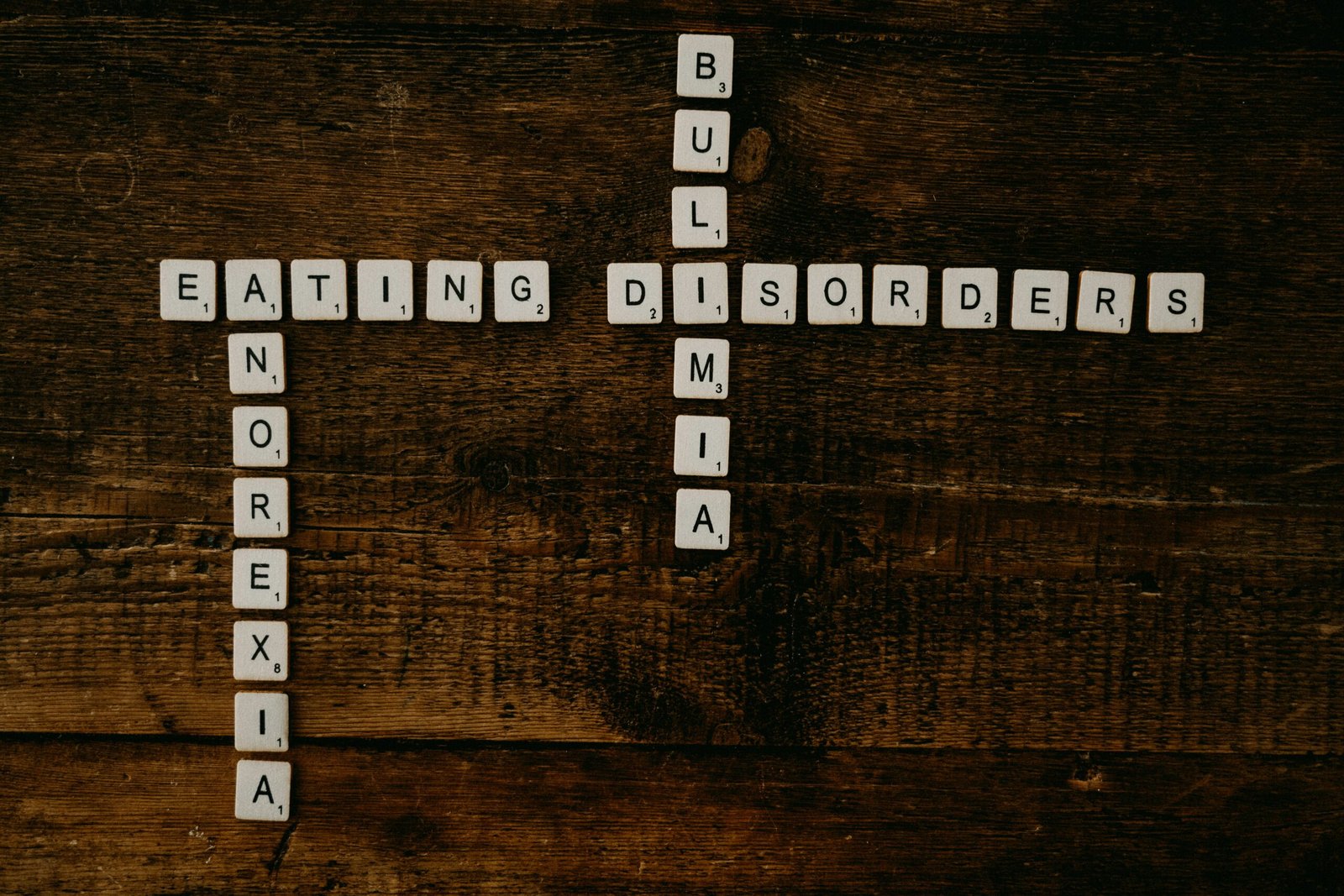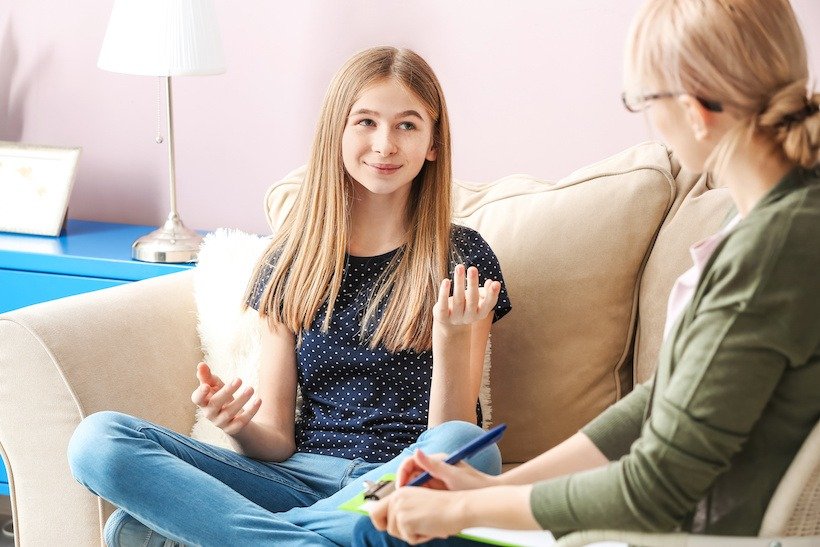Social media is everywhere, it’s constant, and let’s face it, it’s quite hard to avoid. But did you know it can have a major impact on how we feel about ourselves, especially when it comes to body image? In this post, we’re diving into how online culture can play a role in eating disorders and mental health.
The Good, the Bad, and the Filtered: How Social Media Shapes our View of Ourselves
The Filtered Reality
We all know the perfect edited photos we scroll through on Instagram, right? Filters, edited bodies, and flawless selfies flood our feeds, but these images are not always real, and while posting selfies with edits and filters can give us a temporary boost in self-esteem, it can also create unrealistic expectations.
Social media can increase anxiety, lower self-esteem, and even contribute to body dissatisfaction. When we rely on edited photos to feel good about ourselves, it might offer a short-term confidence boost, but in the long run, it can lead to negative self-comparisons and are a distorted view of what is “beautiful” or “acceptable.”
The next time you scroll through Instagram, ask yourself – Is this picture a true representation of reality? Remind yourself that social media is a highlight reel, not the full picture of someone’s life. Embrace the unfiltered version of you.
The Pressure of “Ideal” Bodies: Is Social Media Setting Unrealistic Expectations?
Social media is full of images promoting what many consider the “ideal” body – ripped abs, toned legs, and tiny waists. While some of these posts are intended to motivate and inspire people to life healthier lives, they can also create a sense of pressure to look a certain way. This pressure can lead to unhealthy dieting, extreme workouts, and body dissatisfaction.
What you see online might not reflect the reality of health or wellness. Sometimes these “inspirational” posts emphasize appearance over overall well-being, which can fuel unhealthy actions rather than encouraging self-care
Have you ever felt the pressure to look a certain way after scrolling through fitness or beauty posts? How does it make you feel about your own body?
The Influence of “Influencers” on Body Image
When discussing social media and eating disorders, its impossible to ignore the influence of online personalities and influencers. Many influencers with large followings promote dieting, weight loss, and “perfect” body types. These influences often unintentionally spread unrealistic standards, contributing to body dissatisfaction. Although there are influencers, even with the best intentions, they can unknowingly promote diet culture, encouraging follower to adopt unhealthy behaviours to look a certain way.
What can we do about this? Unfollow accounts that leave you feeling worse about yourself. Instead, follow those that focus on body positivity, self-care, and mental health. It’s okay to customize your feed to help make you feel good about yourself.
Body Positivity vs. Unrealistic Standards: The Fine Line
Social media has sparked movements like Body Positivity, encouraging self-love and acceptance of all body types. However, it can also promote unrealistic beauty standards that reinforce harmful ideals, sometimes contributing to feelings of inadequacy. The challenge in differentiating between content that empowers and content that pressures us to fit into a limited or unrealistic expectation of beauty.
Did you know that certain content, even when well-intentioned, can unintentionally reinforce the idea that only certain body types are worthy of love and respect? It’s important to seek content that celebrates diverse bodies and promotes self-acceptance for who we truly are.
Comparison: Social Media vs. Reality
Everyone does it – scrolling through posts and comparing ourselves to others. But this constant comparison can really impact our mental health and self-esteem, especially when it comes to body image and dieting. When we measure ourselves against imagined versions of other people’s lives, it can create a lot of pressure.
Remember to check in with yourself: social media shows the best moments, but behind the scenes, everyone has their struggles. It’s okay to embrace your own journey and not compare it to someone else’s highlight reel.
Social Media Used for Good: Positive Accounts and Self-Care
Not all social media content is bad! For instance, there’s a growing movement towards body positivity, mental health awareness, and self-care. By following accounts that promote diversity, body acceptance, and mental wellness, you can make your social media a place of empowerment.
How can you do this? Follow accounts that promote positive messages about self-care, mental health, and diverse body types. Set boundaries with yourself around your social media use so it is supporting you and not dragging you down.
How to Protect Your Mental Health on Social Media
Now is the time to take control of your social media experience. Here are some simple ways to make your feed for you:
- Customize your feed – follow accounts that make you feel good. Wellness focused, well-balanced meal ideas, supportive content, and body-positivity
- Limit your time online – if social media is starting to feel overwhelming, try limiting your time on there and reflecting on how you feel during this time
- Engage mindfully – instead of mindlessly scrolling, pause, and notice how certain posts make you feel, practice self-compassion if you start feeling bad about yourself
An Activity to Try:
Take a minute to reflect. How does your social media use impact your mood? What positive changes can you use to make a more uplifting online experience for yourself?
Find Empowerment
Social media is a powerful tool for many, but it can have a major impact on body image and self-esteem – especially when it comes to eating disorders. By being mindful of the content we consume, setting boundaries, and following accounts that promote self-love and diversity, we can _____ our relationship with social media.
Remember to take control of your feed. Follow positive, empowering accounts and remember that you define your worth, not what you see online. Let’s word towards using social media as a tool for connection, self-love, and empowerment.




